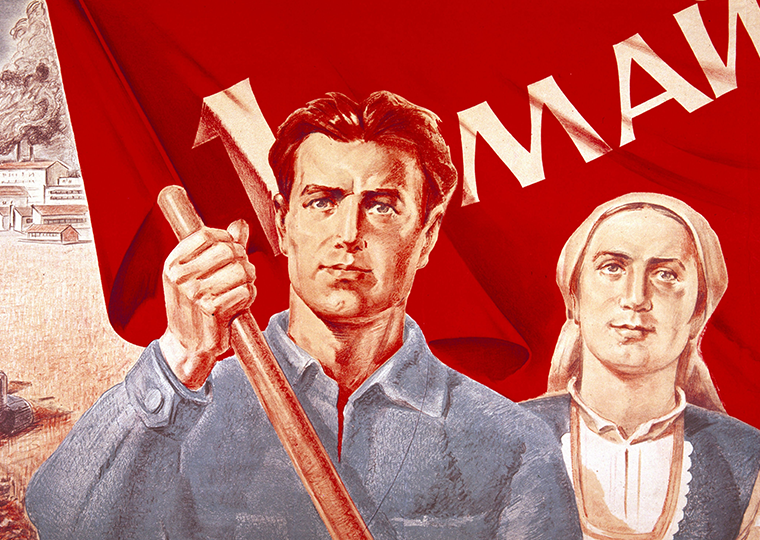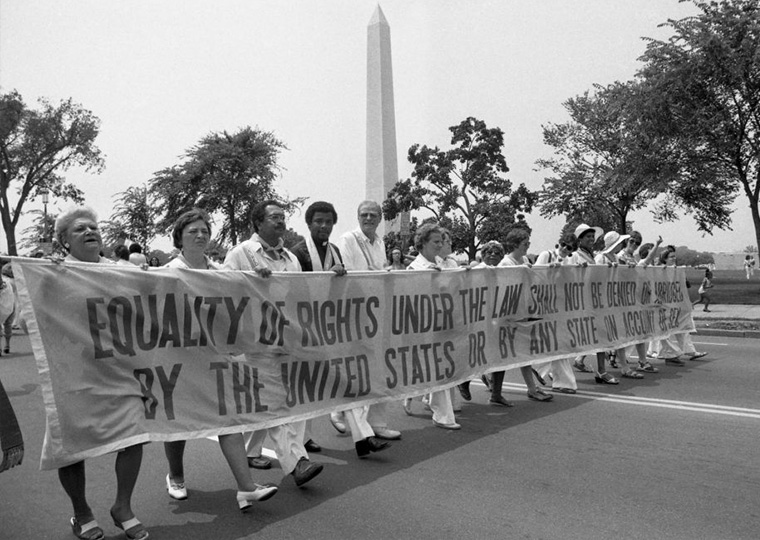Brian Wheaton
Assistant Professor of Global Economics and Management
About
Brian Wheaton’s research encompasses political economy, cultural economics and macroeconomics. He analyzes empirical data in order to answer policy-relevant, real-world political and economic questions. Wheaton’s most recent work focuses on the effects of laws on beliefs held by the public. He modeled his study using a dynamic difference-in-differences identification strategy, and his findings indicate that virtually every major U.S. social policy law — both liberal and conservative — of the past half-century has induced significant backlash.
Topics

5 Articles

Do Workers Cross State Lines for Higher Minimum Wages?
States that raise rates curtail out-migration but do not attract more outsiders

How Oil Prices Distort Our View of Inflation
A favored Federal Reserve index fails to filter out petroleum’s impact

An Enemy’s Economic Success Sparked U.S. Congressional Cooperation
Bipartisan action rose amid reports of surprising Soviet Cold War economic growth

A Simplified Tax Code and Post-Communist Growth
Study suggests flat tax systems boosted GDP in former Soviet republics and satellites

Do Social Laws Always Cause a Backlash?
Laws that threaten ideological preferences prompt some opponents to adopt more extreme beliefs